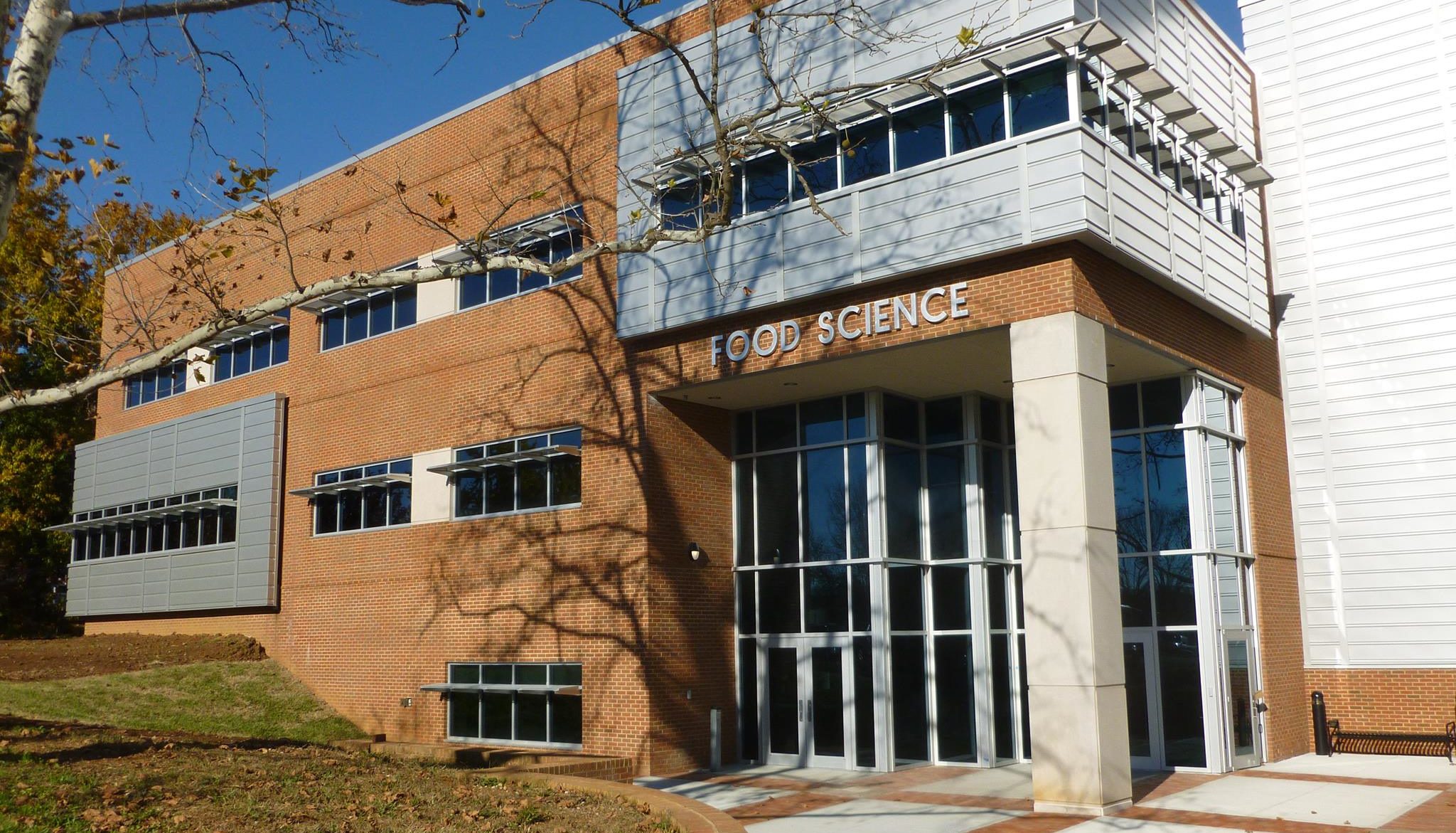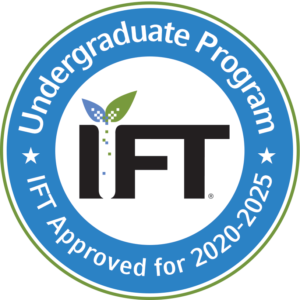Program Overview
The department offers both Master of Science (MS) and Doctor of Philosophy (PhD) degrees. Each graduate student must choose a faculty member as a major professor to guide his/her program. Except for non-thesis MS students, a faculty member with a research appointment is to be chosen to serve as the major professor.
The goal of our graduate programs is to train students with multidisciplinary expertise to solve complex problems in food science and enable students to compete for job opportunities aligning with the student’s primary area of interest. As such, we have established the following three learning outcomes with specific rubrics to assess the quality of food science graduate education.
Students are able to critically evaluate scientific literature and information relevant to food science, design and conduct research projects, and communicate research findings to professional audiences.
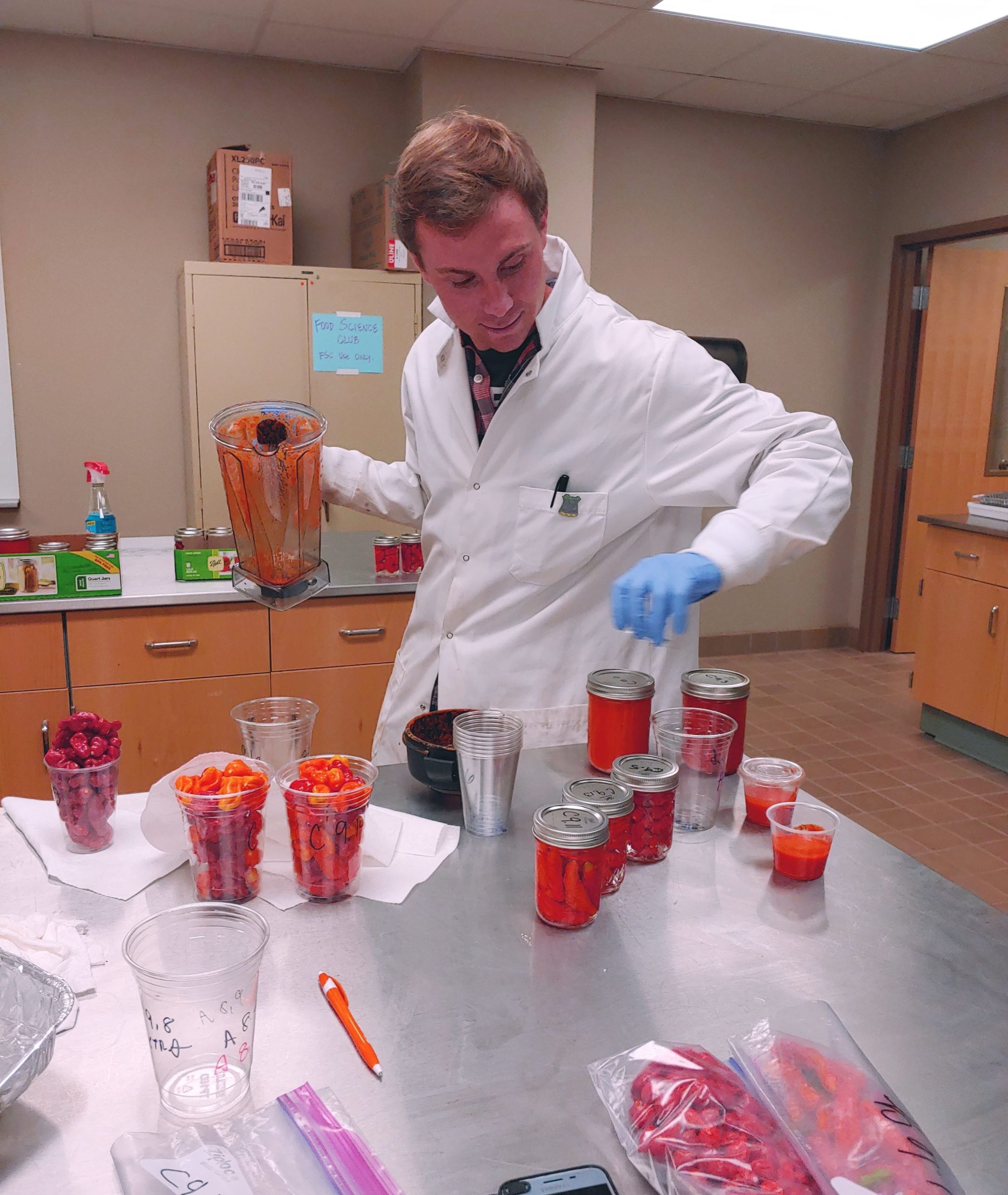
The Master of Science programs are designed for students who are interested in a deeper understanding of safety and quality of food products. The trainings enable students to take on industrial and governmental positions requiring the use and communication of advanced knowledge in food science. The trainings also set a foundation for those interested in pursuing a doctoral degree.
The PhD is the highest degree in food science. Doctoral students are trained to be leading experts in a certain concentration area of food science to take on critical positions in academia, industry, and governmental agencies.
If you are looking for more information regarding resources and information about campus and student life check out our Resources page.
Prospective Graduate Students
- A BS degree in food science or a related field from an accredited institution is needed for the MS program, while application to the PhD program typically requires an MS degree in food science or a related field.
- Prior to applying, please contact the specific faculty member(s) who you might be interested in serving as your major professor. Admission will not be offered if a major professor is not identified.
- Please refer to Graduate Admissions for GPA requirements.
- GRE Requirement: Minimum Verbal + Quantitative score of 300; Minimum Verbal score of 145; Minimum Analytical Writing score of 3.0; UT Institutional code: 1843 Food Science code: 0107
- TOEFL or IELTS Requirement: Minimum iBT (internet-based test) TOEFL score of 80 (with a minimum score of 20 in each subsection); Minimum IELTS score of 6.5 (with a minimum score of 6.5 in each section)
- Prior to applying, please contact the specific faculty member(s) who you might be interested in serving as your major professor. Admission will not be offered if a major professor is not identified.
- The department’s admission deadlines are the same as those for the Graduate School.
- Please read more about our graduate program in the Graduate Student Handbook prior to starting your application.
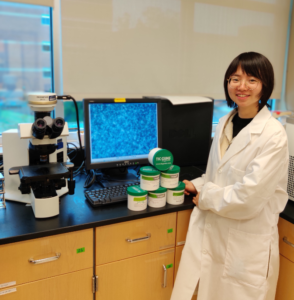
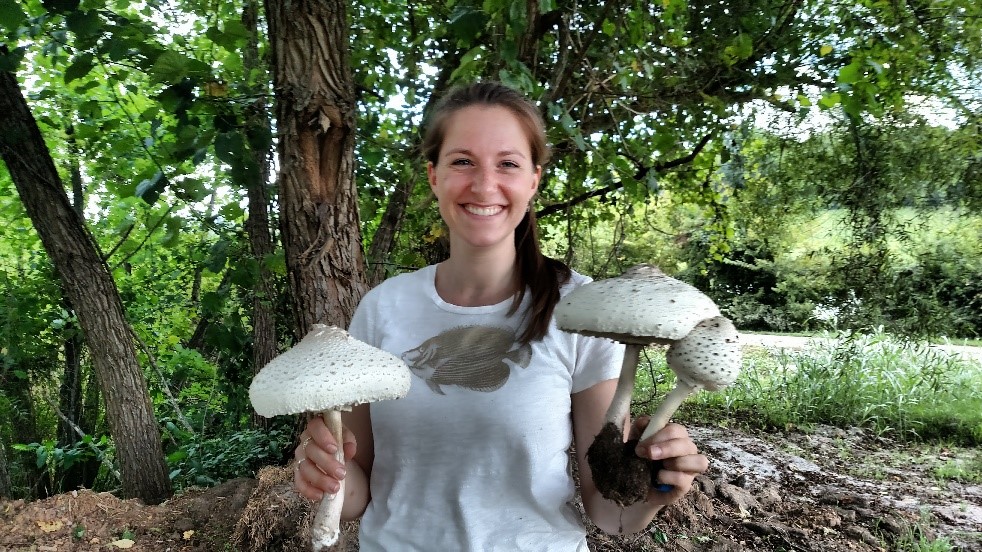
The Graduate Catalog contains information on courses needed for a graduate degree, as well as course descriptions.
The Food Science section of the Graduate Catalog has a listing of professors within the department and information about the department.
Graduate Majors:
Graduate Certificate:
The Graduate School has many forms required for different stages of your program. Please make sure to use the latest forms as they are updated frequently.
The Graduate Student Handbook contains all the information you will need to be informed about the graduate program. Prior to applying please review the handbook to understand the application process and expectations.
Please check well ahead of time and often for the deadlines leading to graduation.
“Food Science at UT provided me with a well-rounded education. As a result of my broad-based education in food science, I have been able to hold a variety of positions. I have worked in sensory, product development, and innovation.”
Bob Baron
President, Sensory Spectrum
